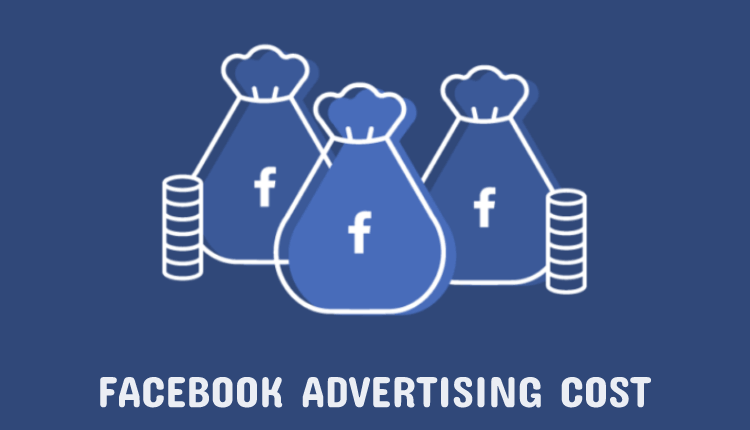All There Is To Know About Facebook Advertising Cost
There is a question that any marketer will have to ask: How much does Facebook advertising cost? Although asked a lot, the most common answer is the vague “It depends”.
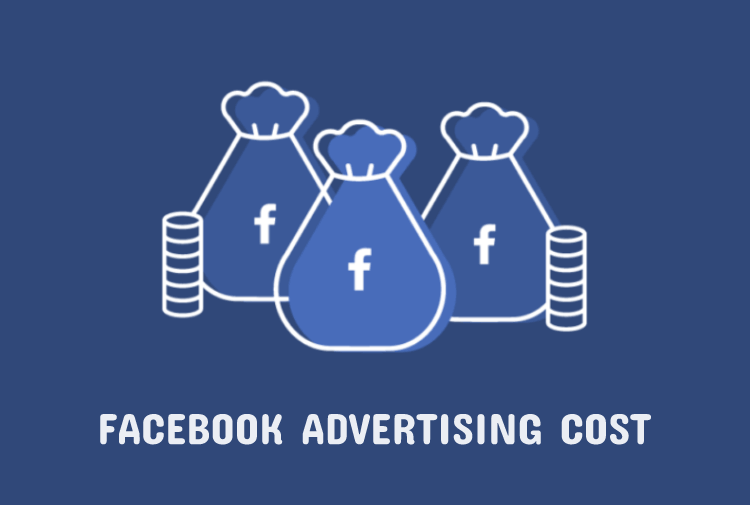
Frustratingly, that is absolutely correct. Every setting from objective to bidding method affects Facebook advertising cost. So no two people will have the same cost.
Note that how much you spend is (almost) entirely up to you. In this article, we will discuss the many factors that affect Facebook advertising cost, and how you can use them to create a cost-effective campaign.
How does Facebook ad bidding work?
You, the advertiser, ultimately decide how much you want to pay for an ad. You can even manually set cost control. If you don’t, Facebook will automatically calculate and optimize the bid based on the budget setting and the amount of time the ad run.
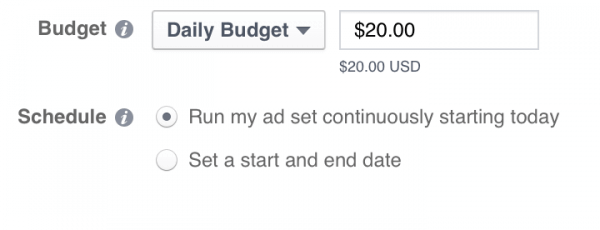
Here is a simple explanation of the bidding system. You pay for your ads to be shown, but there are many other advertisers trying to show their ad just like you. Yet, there is a limited amount of users and space for ads. So when it’s time to show a Facebook user an ad, Facebook will hold an auction for that place. The advertiser with the highest bid win and their ad shows up on the user’s newsfeed.
This is why understanding how Facebook bids is so important to advertisers. Set it wrong and your ads won’t be delivered (or show to the wrong audience), set it too high and you will be wasting budget.
What factors affect Facebook advertising cost?
Audience targeting
The audience you choose will directly affect your advertising costs.
Marketers often misunderstand that they only compete with people from the same industry and the same niche. If you sell yoga mats, you would think your competitors are those selling yoga or other sporting equipment. However, this is not completely true. As mentioned above, Facebook ad operates on an auction system. Thus, you will have to compete directly with all marketers who want to reach the same audience selection.

For example, a yoga mat seller will not just target the audience with “yoga” interest. They can also target people who like fishing, diving, and are recently self-employed. Those are the behaviors and interests that many other companies also target. As we all compete with each other for ads delivery, the bidding cost will be driven up more and more.
To a certain extent, you don’t need strict control over the target audience. But what if you have identified a perfect audience don’t want to sacrifice this audience for the price? In that case, the audience won’t be your cost control factors anymore. Instead, you would need to use the other factors below.
The quality of your content
Audience is an important part of the cost, but that is not the only factor. With high-quality content, you can pay much lower than competitors with the same audience. Only by creating a good ad copy can you stand out among thousands of other advertisers.
The quality of your ads can either drive the cost to skyrocket or can help reduce it significantly. If you don’t have enough motivation to invest in your content, remember that it directly affects advertising costs.
There are two ways to evaluate the quality of your advertising: the Relevance score and the Clickthrough rate.
Relevance score
Facebook will evaluate the ad’s compatibility with your target audience on a scale from 1 to 10 called Relevance score. If people respond positively to your ad (like interacting or clicking on the landing page), the score will increase. Conversely, if users respond negatively (such as telling Facebook they don’t want to see the ad anymore) then the score will decrease.

As your ad reach more people, the Relevance score will change accordingly. Facebook has confirmed that the higher the ad quality score, the lower the cost. Note that a high Relevance scores does not ensure a high conversion rate, it only means your content matches well with your audience.
Click rate
Click-through rate is the ad click rate on the number of impressions. Higher clickthrough rates show that ads are more relevant to the audience. Facebook recognizes this and reduces total costs, although you have more clicks, you’ll spend more if you choose the optimal CPC. However, high CTR will help reduce costs and increase advertising effectiveness.
Time
There are periods in the year that more advertisers flock to Facebook Ads more than usual. During such time period, advertising will be more competitive and you have to pay a higher fee for a goal. This is the beauty of the bidding system: the more advertisers join in, the more the platform earn with the same ad delivery it makes.
Imagine every advertiser tries to run ads at the same time like on Black Friday or on popular holidays. If you join in at those occasions, know that you will have to pay a higher cost.
The importance of ROI and CPA
Budget and cost are important, but in the end it all comes down to Cost per Action (CPA) and Return on Investment (ROI). Is your current ROI higher than CPA?
For example, you pay $1 for each installation of a mobile app via ad. Each customer will pay $1.99 dollars on installation. In addition, 1 in 3 users acquired from Facebook ads will go on spending $3 on the app.
If you get 100 downloads from ad campaign, then you spend $100 but get $199 from these downloads and an additional $90 from in-app purchase. In total, you spend $100 but earn $290.
Landing pages play an important role in converting customers which will affect advertising costs.
Conversion rates, CPA and ROI are the three most important factors to pay attention to. Take extra effort to ensure that your advertising costs are smaller than ROI. The lower the cost of advertising, the higher ROI will be.
How does budget setting affect advertising costs?
Bidding options allow advertisers to choose how and when they get charged for ad. You can pay for the number of clicks or for the number of views of the ad.
…Which is the story of a few years ago. The advertiser’s life was simpler then because bidding is for either clicks or impressions. However, with the rapid development of the Facebook advertising platform, now advertisers have 4 different ways of bidding: CPC, CPM, oCPM and CPA.
Choosing a bid strategy greatly affects the cost because you are choosing how your budget will be spent, so it’s important to know about them.
Cost per Mile – CPM
CPM means you pay for each time your ad has been delivered 1000 times (1000 views, not 1000 unique views). This is the most common choice but also difficult to get right. When starting out, you probably will spend a lot of money without getting significant results. This is also the only option you can pick for your first $10 spend on a new Facebook Ad account.

Big brands may want to use CPM because this is an ad delivery option optimized for impressions. If the main result you want is to increase your brand recognition by displaying ads to as many Facebook users as possible, then CPM is a good choice.
Cost per Click – CPC
This is also one of the most popular bidding methods. CPC allows advertisers to bid for clicks, meaning you only pay when a user clicks on your ad. Sound great! Your ad can be shown a thousand times, but you don’t need to pay a cent for that if there is no click.
However, there is a catch. With CPC, you pay for all types of clicks on your ad. This means you will not only pay for a click on the website but also pay for clicks on the like, share, and comment buttons. Many are dismayed to find that the 200 clicks they get only bring about 120 actual clicks for their site.
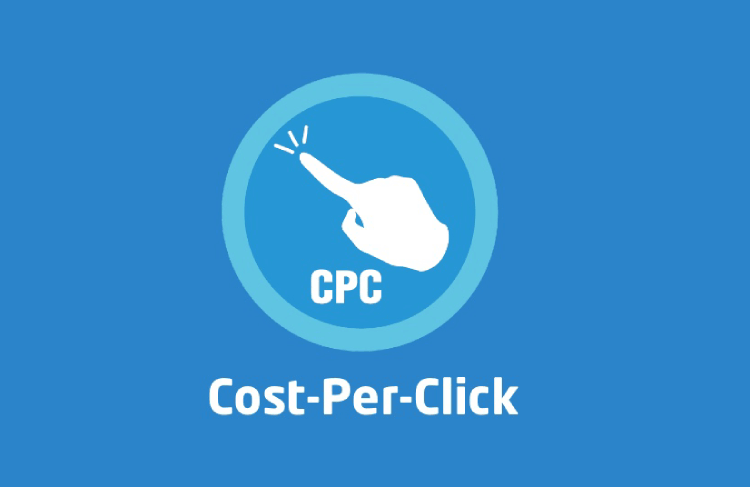
Another thing about CPC is that it is harder to deliver and the cost is generally higher. Remember that Facebook always keeps both advertisers and users’ interest in mind. If your ad is boring and nobody clicks it, Facebook will soon stop delivering it. After all, they earn more with a $0.1 ad that brings 1000 clicks compared to a $5 ad that only gets 5 clicks. This is the key to effective CPC: the higher CTR, the lower the CPC.
That being said, although the price of a conversion may be much higher than the cost of a single impression, if you want to bring users to your site then you should choose CPC for better result.
Cost per Action – CPA
CPA is a bidding option for when you only want to pay for a specific action. CPA is quite similar to oCPM (which we will talk about below). Instead of bidding for 1000 impressions, you directly bid the maximum fee you want for each time a user completes a particular action.
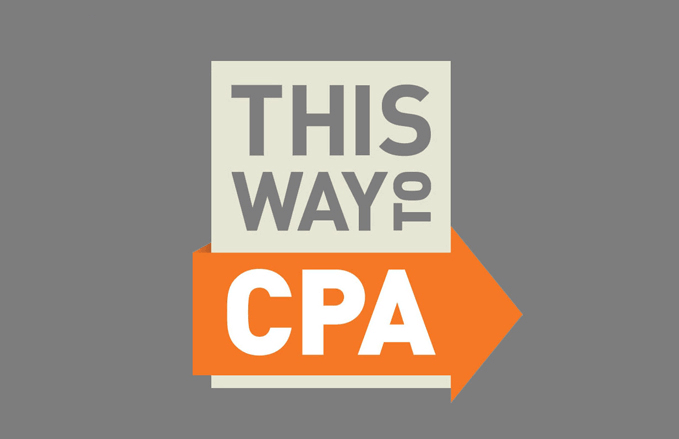
For example, you can specify how much you want to pay for a page likes or a mobile app install. This is very effective and allows you to control the campaign budget tightly. The only downside is that CPA bidding is only available for certain campaign types such as installing mobile apps, liking pages, getting preferential prices, and clicking on links. So no, you cannot choose CPA for website conversion goals.
Optimized Cost per Mile – oCPM
The newest bidding option, oCPM is a rather strange type of bidding. You don’t bid for just impressions alone as you also tell Facebook how much you want to pay for a particular action. Ad delivery will then be optimized to show ads to users who tend to perform that action.
When you create an oCPM campaign, you can pick the optimal Facebook bidding strategy for:
- Conversions: Facebook will serve ads to people who are likely to complete the action you want. Evaluation is based on users’ historical behavior. You pay for impressions (CPM).
- Impressions: Facebook will deliver ads to as many people as possible. You pay for impressions.
- Click on the ad/your page : Facebook distributes ads to people who tend to click on your page. You pay for each click (CPC).
- Daily Unique Reach: Facebook focuses on delivering ads to as many different people as possible during a day. You pay for impressions (CPM).
How effective is oCPM? Extremely effective. This is also the automatic bidding for new ads.
When running an oCPM campaign, you should know that the cost for 1000 impressions will be much higher than the normal CPM. In return, Facebook will carefully select which users will see your ad and generate more conversions than usual. So even though you pay more to show ads, the overall cost of conversion might be much cheaper.
Facebook will automatically set a bid optimization based on the campaign target. If the goal is to get clicks for your website, Facebook will place an optimal ad bidding strategy to achieve that goal. You can also manually change this setting.

Similarly, you can let Facebook automatically bid for you to have the most conversions, clicks or impressions for the best price. That means Facebook will decide each bid based on the provided budget and ad run time. If you wish, you can enter a specific bid cap or change your budget and ad schedule.

Facebook will allow you to enter a price you want to pay for a goal. Facebook will suggest a price, so there’s no need to worry about how to set a reasonable price.
You have already understood the cost of Facebook advertising but still don’t know how to reduce the cost of your campaigns? Subcribe to Eggflow blog to read the upcoming articles!


